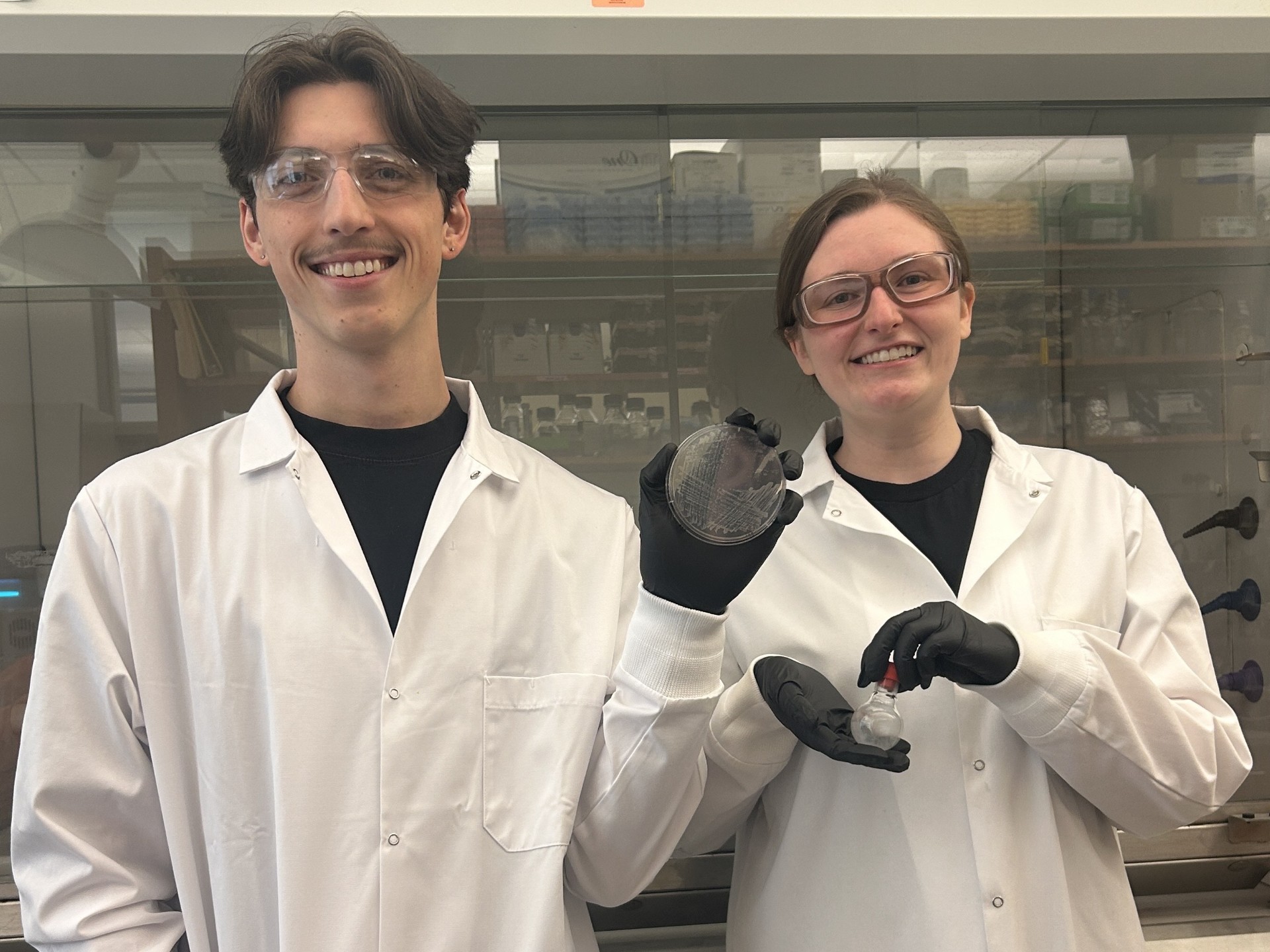
Mark Schoenfisch
Peter A. Ornstein Distinguished Professor, Jointly appointed with the School of Medicine & School of Pharmacy
Caudill Laboratories 336919-843-8714
schoenfisch@unc.edu
Group Website
Curriculum Vitae
Research Interests
Analytical Sensors, Biomaterials & Nanoparticle Therapeutics
Research Synopsis
Our research is focused on four main areas: 1) designing macromolecular nitric oxide release vehicles as novel therapeutics; 2) improving the analytical performance of implantable continuous glucose monitoring devices for diabetes management; 3) designing microfluidic nitric oxide, NO, sensors for real-time detection of NO in biological media; and, 4) developing superhydrophobic interfaces for mold prevention and remediation.
In the Schoenfisch Lab, we work at the interface of analytical chemistry, materials science, biomedical engineering, and biology. The types of multi-disciplinary research opportunities that are available include studies of therapeutics to treat various diseases; sensors that function reliably and continuously, real time, to facilitate disease management; microelectrode and microfluidic sensor design and fabrication for clinical, point-of-care, and diagnostic/prognostic applications; and, new macromolecular scaffolds that manipulate biology and physiology.
Professional Background
University of Kansas, B.A., 1992; University of Arizona, Ph.D., 1997; University of Michigan, National Institutes of Health Postdoctoral Fellow, 1998-1999; Society for Analytical Chemists of Pittsburgh Young Investigator Award, 2001; Eli Lilly and Company Young Investigator Award, 2002-2004; National Science Foundation CAREER Award, 2004-2009; International Union of Pure and Applied Chemistry Young Observer Award , 2005; John L. Sanders Award for Excellence in Undergraduate Teaching and Service, 2007; Chapman Family Teaching Award for Distinguished Teaching of Undergraduate Students, 2015
News & Publications

Chemist Mark Schoenfisch and physicist Otto Zhou were among 185 inductees this year to receive one of the most prestigious distinctions awarded to inventors worldwide.

A team of chemists is tackling one of the toughest bacterial infections facing patients with lung disease—Mycobacterium abscessus, a fast-growing and drug-resistant germ that can turn deadly.

